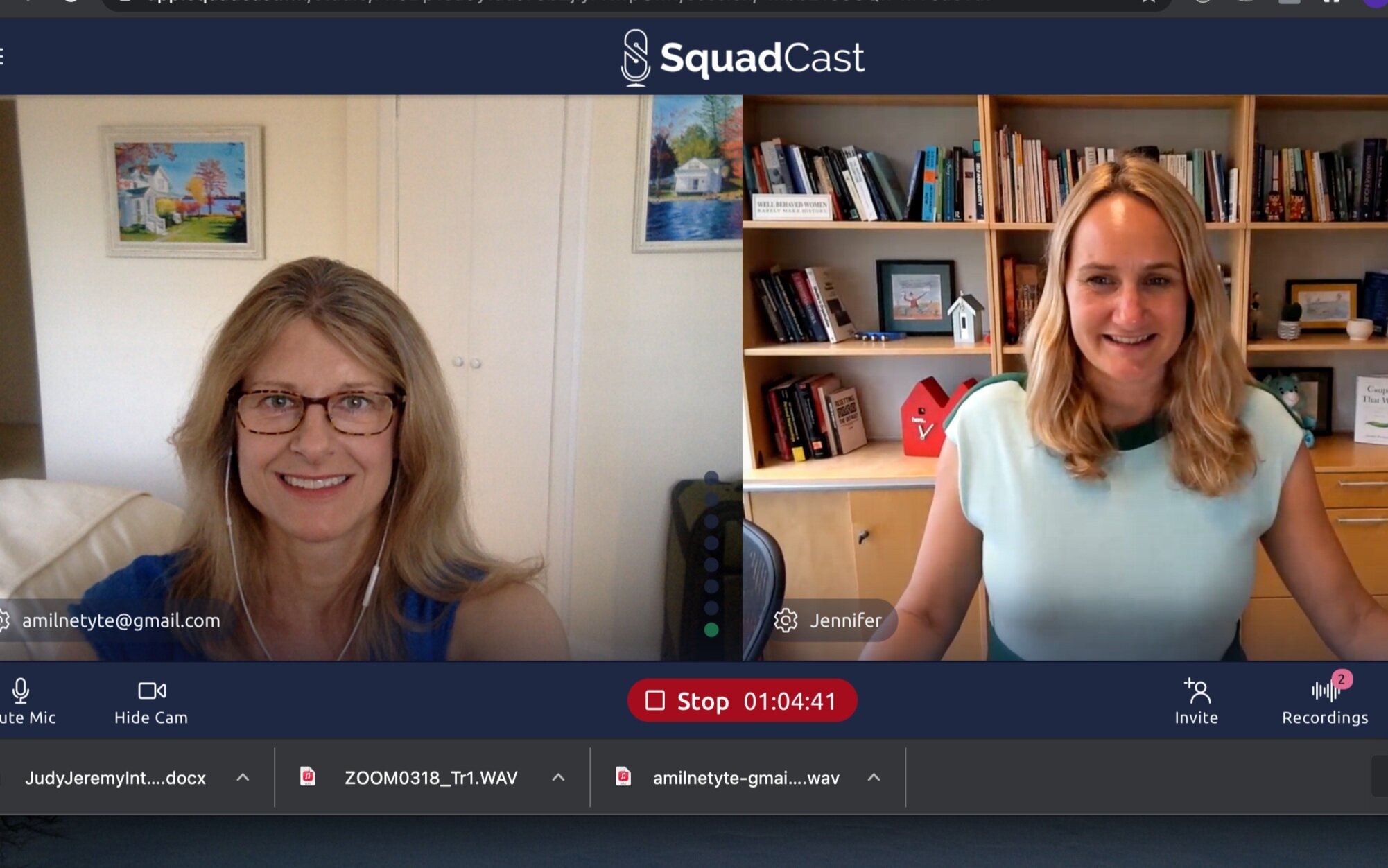Episode 177: Couples That Work
/“It’s framed as a choice question: how do you pick the right person? But I found the right person and then things started to get complicated...you want a career and you’re deeply in love with someone. Then what?”
Jennifer (R) and I during our interview
Books and articles offer career advice OR relationship advice. They rarely consider the link between the two. Yet dual-career couples are everywhere, and anyone who's part of one knows your careers can only run in parallel for so long At some point, life is going to get complicated - and not only if you have kids.
So how do you make it work?
INSEAD professor Jennifer Petriglieri, author of Couples That Work, has spent years researching working couples and learning from their experiences. In this episode we talk about the three transitions couples go through over the decades, and what her research (and her own career and home life) have taught her about the roadblocks couples face, and how to navigate them.
You can also read a transcript of the show.
Next time you’ll hear a short show where Jennifer answers listeners’ questions about their own dual-career dilemmas.












